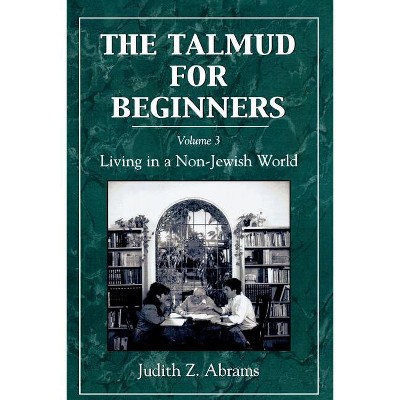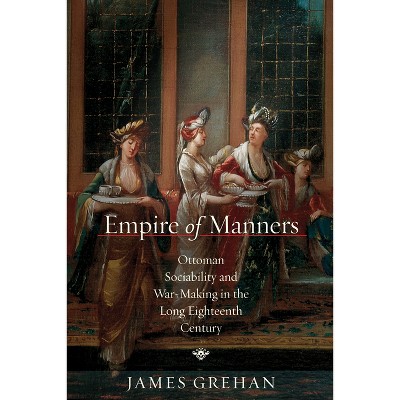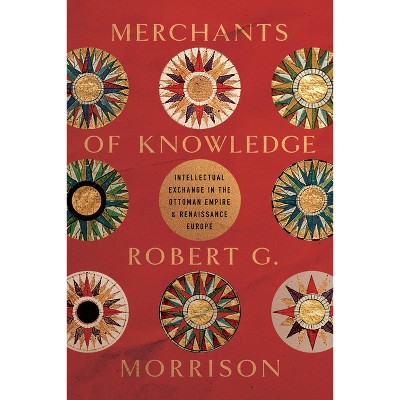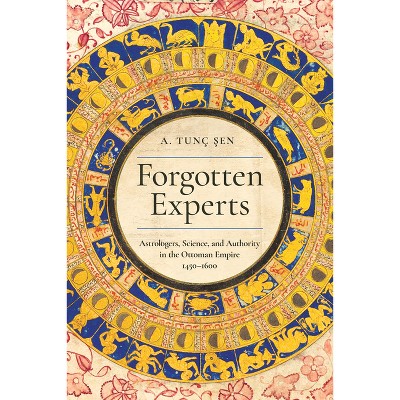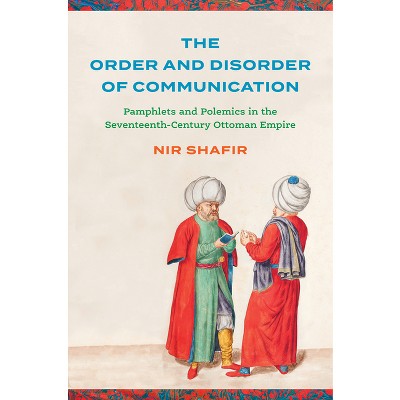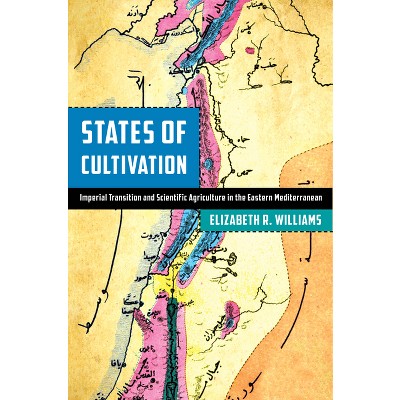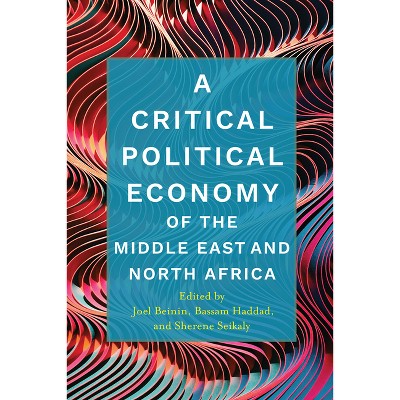Island and Empire - (Stanford Ottoman World Series: Critical Studies in Empire, Nature, and Knowledge) by Uğ & ur Z Peçe

About this item
Highlights
- In the 1890s, conflict erupted on the Ottoman island of Crete.
- About the Author: Uğur Zekeriya Peçe is Assistant Professor of History at Lehigh University.
- 272 Pages
- History, Middle East
- Series Name: Stanford Ottoman World Series: Critical Studies in Empire, Nature, and Knowledge
Description
About the Book
"In the 1890s, conflict erupted on the Ottoman island of Crete. At the heart of the Crete Question, as it came to be known around the world, were clashing claims of sovereignty between Greece and the Ottoman Empire. The island was of tremendous geostrategic value, boasting one of the deepest natural harbors in the Mediterranean, and the conflict quickly gained international dimensions with an unprecedented collective military intervention by six European powers. Island and Empire shows how events in Crete ultimately transformed the Middle East. Uægur Zekeriya Peðce narrates a connected history of international intervention, mass displacement, and popular mobilization. The conflict drove a wedge between the island's Muslims and Christians, quickly acquiring a character of civil war. Civil war in turn unleashed a humanitarian catastrophe with the displacement of more than seventy thousand Muslims from Crete. In years following, many of those refugees took to the streets across the Ottoman world, driving the largest organized modern protest the empire had ever seen. Exploring both the emergence and legacies of violence, Island and Empire demonstrates how Cretan refugees became the engine of protest across the empire from Salonica to Libya, sending ripples farther afield beyond imperial borders. This history that begins within an island becomes a story about the end of an empire"--Book Synopsis
In the 1890s, conflict erupted on the Ottoman island of Crete. At the heart of the Crete Question, as it came to be known around the world, were clashing claims of sovereignty between Greece and the Ottoman Empire. The island was of tremendous geostrategic value, boasting one of the deepest natural harbors in the Mediterranean, and the conflict quickly gained international dimensions with an unprecedented collective military intervention by six European powers. Island and Empire shows how events in Crete ultimately transformed the Middle East.
Uğur Zekeriya Peçe narrates a connected history of international intervention, mass displacement, and popular mobilization. The conflict drove a wedge between the island's Muslims and Christians, quickly acquiring a character of civil war. Civil war in turn unleashed a humanitarian catastrophe with the displacement of more than seventy thousand Muslims from Crete. In years following, many of those refugees took to the streets across the Ottoman world, driving the largest organized modern protest the empire had ever seen. Exploring both the emergence and legacies of violence, Island and Empire demonstrates how Cretan refugees became the engine of protest across the empire from Salonica to Libya, sending ripples farther afield beyond imperial borders. This history that begins within an island becomes a story about the end of an empire.
Review Quotes
"Island and Empire is a remarkable book: one that draws on multiple archives in several languages to tell a particular local story clearly and well, while also successfully shedding light on much bigger and more sweeping questions and suggesting a major conceptual reconfiguration of late Ottoman conflict." --Laura Robson, Bustan
"Island and Empire is an impressive work that sheds further light on the violence, war, diplomacy, and displacement that contributed to the forging of the modern Middle East.... By tracing how the displaced became displacers, [Peçe] provides a crucial contribution to scholars' understanding of a process that unfolded not only at empire's end but has occurred repeatedly in the century since." --Ella Fratantuono, American Historical Review
"This is an eye-opening study of the usually ignored lower classes and their impact on the civil war in Crete and later on Anatolia's urban Greek populations. Recommended." --S. Bowman, CHOICE
"Among the many achievements of this extraordinary book are its lessons in why and how turn-of-the-century imperial interventions in culturally intimate Greek and Turkish communities contributed to the entrenchment of narratives of unbridgeable clash of civilizations. Uğur Peçe's Island and Empire is an essential read to make sense of the roots of the disorder in the contemporary world." --Cemil Aydin, University of North Carolina, Chapel Hill
"An eloquently written and exhaustively researched analysis of two connected episodes of displacement in the late Ottoman Empire, Island and Empire reveals the pitfalls of sectarian and state-centric interpretations of civil strife. Uğur Peçe offers a compelling revisionist history of refugee agency in collective action, the perils of foreign tutelage for communal peace, and the enduring legacies of violence." --Hasan Kayali, University of California, San Diego
About the Author
Uğur Zekeriya Peçe is Assistant Professor of History at Lehigh University.